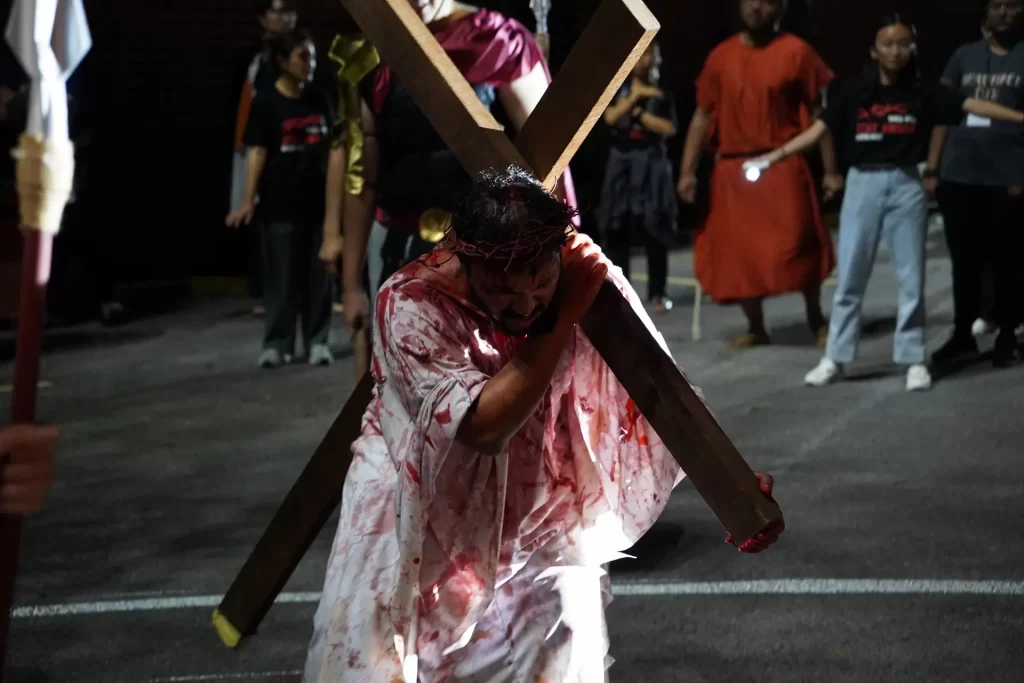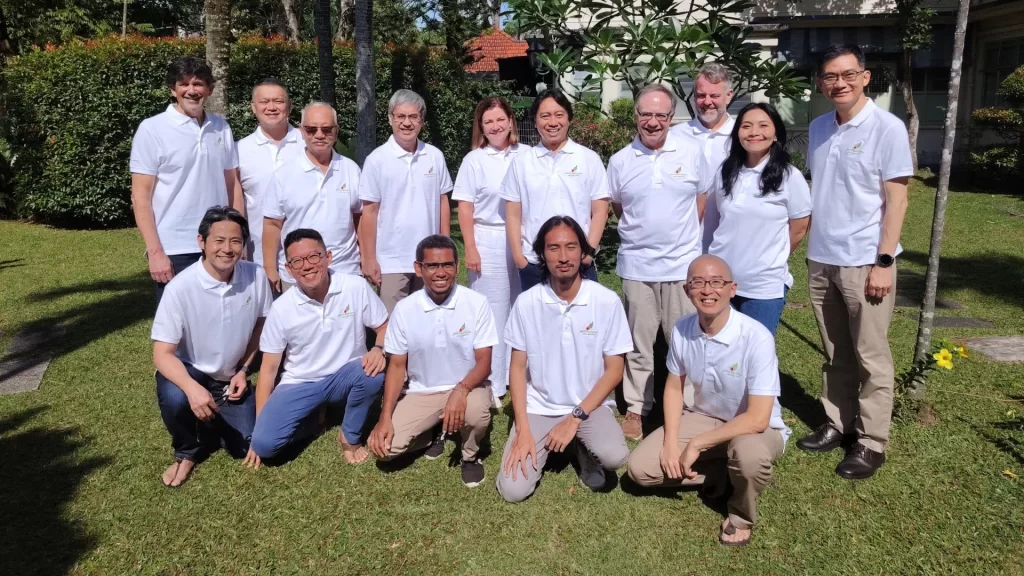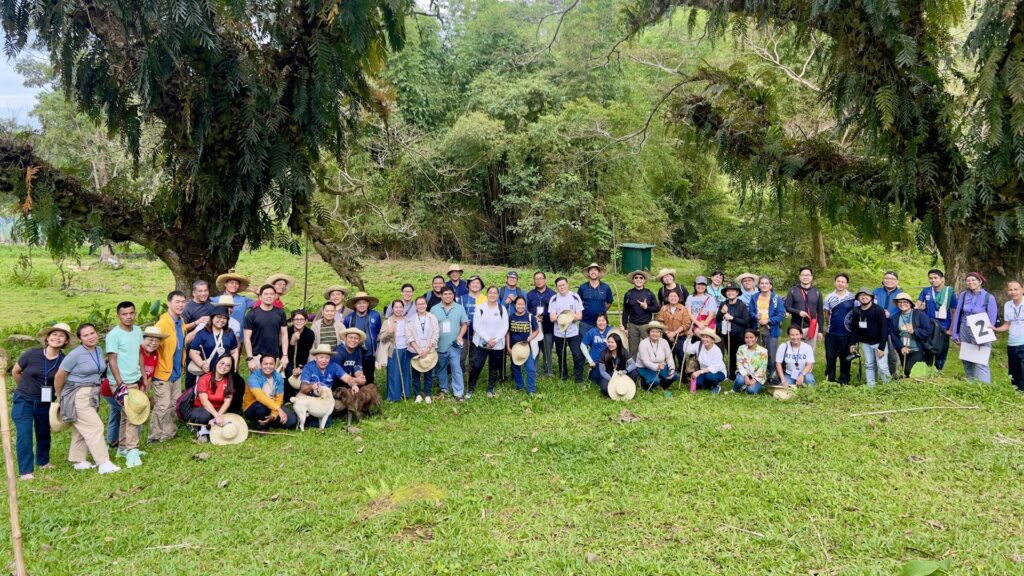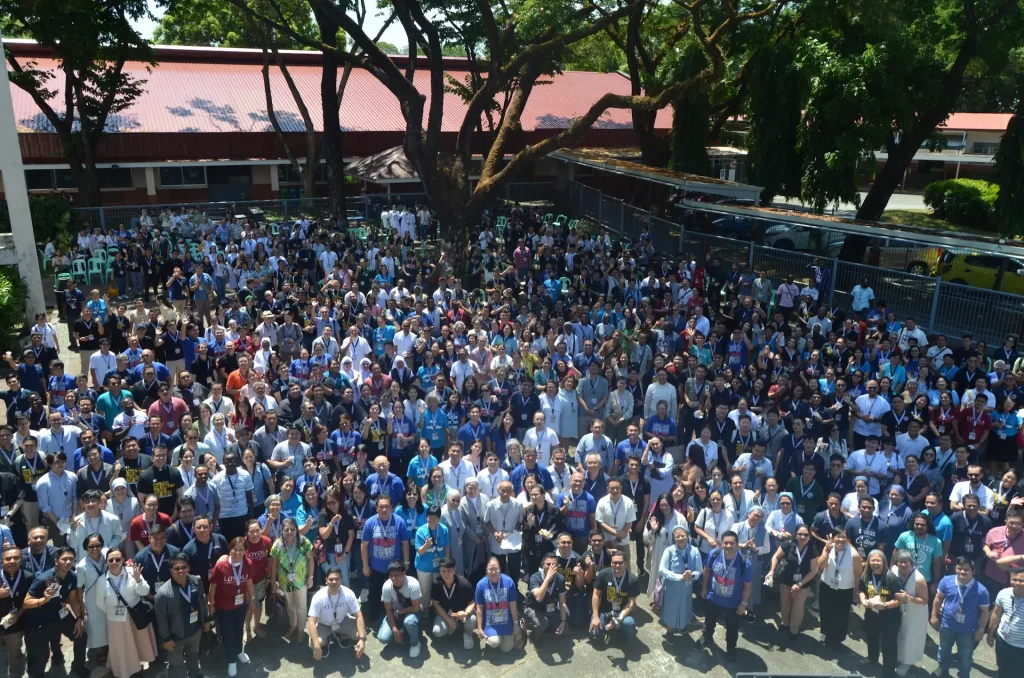Australian Catholic University (ACU) intends to offer the Diploma in Liberal Studies to a new cohort of refugee students on the Thai- Burma border in 2010-2011. Coordinator, Duncan MacLaren, visited Thailand in February 2010, partly to tutor on the Third World Politics unit offered online by Fairfield University, Connecticut, partly to set up interviews to select a new cohort of students starting in late September 2010. The refugee students may now be joined by another important group among ‘people on the move’ – migrants, both legal and illegal.
Duncan visited Ranong, a southern Thai town on the Isthmus of Kra close to the border with Burma. In this run-down coastal town, the Marist Fathers, headed by New Zealander Fr John Larsen, run a centre which is one of the few educational ‘institutions’ there for the children of illegal migrant workers. These workers cross the border in their thousands to work in, among other places, the fish factory which operates 24 hours every day, processing the fish caught in the Andaman Sea. In addition, many Burmese men work illegally on the fishing boats. Others end up in the brothels and bars of Bangkok or Phukhet. They nearly all work in what are termed ‘3D jobs’ – jobs which are dirty, demeaning and dangerous. Many of them live in shanties composed of driftwood and cardboard with no running water or proper sanitation. Yet, reports Duncan, the students he met were immaculate.
Duncan spoke to the potential students and staff about the program and then interviewed some of the candidates. There is now the distinct possibility of adding some students from the migrant community to the refugees studying for the new Diploma in late 2010.
There is a Thai proverb which describes fleeing from one difficult situation to another that is just as bad or worse as “escaping from the tiger but then meeting the crocodile”1. This is largely the fate of the Burmese migrant community which is extremely marginalized, often exploited by factory owners and discriminated against. In Ranong, the story was told of a Burmese motor bike rider whose bike glanced a passing car. The Burmese man was thrown to the ground and the Thai driver started slapping him about. He then phoned his friends and they beat him to death. The policeman who arrived said he had died in the accident. Apparently, such incidents are common.
As with any oppressed community, the migrants require leaders to organise the people, give them an alternative vision and instill hope. The Marists see the participation of some of their brightest students in this program as crucial in helping to provide the vision of a different future for the youngsters. Most of them are urged by their parents to leave education and go to work in the factories to earn money for the family. The Marists will work with the families of those chosen for the program to ensure they remain active in it.
As for the refugee students in Mae Sot, they finish all units of the Diploma in Liberal Studies in June. Their graduation will take place there on 6th August with the Dean of the Faculty of Arts and Sciences, Professor Gail Crossley, presiding.
The Centre of Refugee Studies at York University of Toronto, Canada, has invited the coordinator of the ACU Refugee Program, Duncan MacLaren, to present at an international workshop on “Borderless Education: the Provision of Tertiary Degree Programs to Long-term Refugees” in April 2010. The Centre houses the Refugee Research Network and Duncan hopes to network with other researchers in forced migration studies as well as feature the ACU program as a way forward in the provision of university education for refugees in protracted situations.







